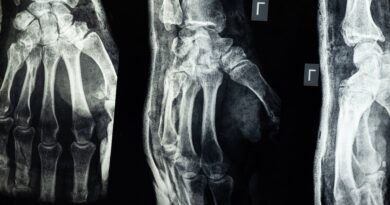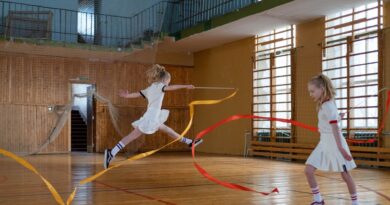7 Ways to Prevent Sports-Related Injuries
Sports is the best way to maintain a healthy lifestyle but can often become a risk of its own. Excessive training, inappropriate training techniques and incorrect use of sports equipment can lead to sports injuries. By the same token, structural abnormalities such as a weakness or imbalance of muscles, joints or the spine can also be causes that result in injury.
Since the news of NFL admitting that brain injury is a direct result of head trauma, experts have been debating on how to deal with sports injuries and whether putting one’s health at risk is even worth it. In the aftermath of an injury, health specialists focus on not just assisting in the sportspersons’ recovery but also in their return to top-notch performance. In some cases, however, sports injuries can be so severe as to end the sportspersons’ careers altogether. What’s more, some players face the harsh reality of a complete collapse in their overall quality of life due to a debilitating condition.
Besides trauma to head and other body parts, common sports injuries are caused by traumatic force to a joint in motion causing severe damage. These types of injuries can lead to pain and debilitation preventing the player from enjoying the sport they love. Some are even forced to retire from the sports they have built their careers around.
Needless to say, prevention is better than cure. Below are some tips to help prevent sports injuries.
1. Ensure you have a good night’s sleep. Research indicates that insomnia increases the risk of sports-related injuries.
2. Before getting in the field, ensure that your sports gear meets safety standards. Check for any damage and make this a part of your routine.
3. Take at least one day off every week and at least one month off every year to allow the body to recover. Also, don’t forget to take breaks within a session. Experts say that rest time is crucial in reducing sports-related injuries.
4. Strengthen muscle groups as such as the rotator cuff during practise so that they’re in the best position and ready for play.
5. Don’t use overuse any part of your body because it can result in poor mechanics and even injury. Avoid fatigue at all costs because it can take away natural protective mechanisms of the body such as response time.
6. Don’t aggravate any areas with chronic injury by playing without complete rehabilitation.
7. Stay away from poor practice habits like not warming up or cooling down properly. Getting warmed increases blood flow to muscles and gets one more flexible.
Coaches and mentors can have a great impact on the risk levels of sports related-injuries. There should be a first-aid kit handy on site at all times and coaches must ensure that appropriate help is provided. Sports injury rehabilitation can come in the form of physiotherapy or chiropractic and can treat a range of conditions such as a strains, tendonitis, shoulder dislocation, sprains, ankle dysfunction, etc.


